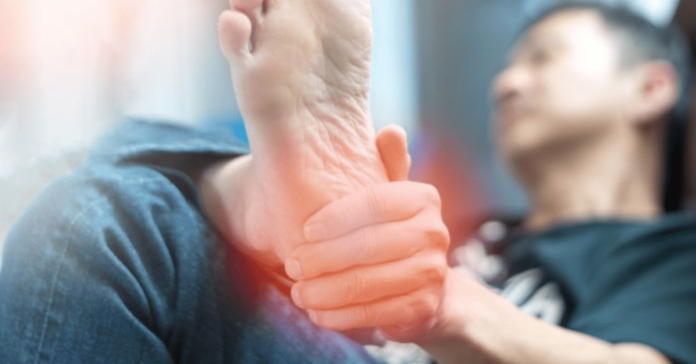Paget’s disease is a bone illness that disrupts your body’s natural recycling mechanism, which involves new bone tissue progressively replacing old bone tissue. Bones can become brittle and deformed over time. The most often affected areas are the pelvis, skull, spine, and legs. The risk of Paget’s disease of the bones increases as you become older and if you have a family member suffering from the condition.
What is Paget Disease of Bone?
Paget’s disease is most common among the elderly, affecting around 2 to 3 per cent of the population over the age of 55. Many people with Paget’s disease have no symptoms and aren’t aware they have it until they get X-rays taken for another reason.
What are the Symptoms of Paget’s Disease?
- Pelvis: It can cause hip pain, when the condition affects the pelvis
- Skull: An overgrowth of bone in your skull can lead to headaches or hearing loss
- Spine: It can lead to nerve root compression and cause numbness, tingling and pain in a leg or an arm
- Leg: As the bones get weakened, they cab bend which may result in causing bowlegs. Misshapen and enlarged bones in the legs can put extra stress on your nearby joints, which may lead to osteoarthritis in your hip or knee
- Hip pain
- Weakness
- Constipation
- The fracturing of the bone easily
- Loss of appetite
- Abdominal pain
- Fatigue
- Twisting or weakening of bones
What are the Causes of Paget’s Disease?
- Paget’s disease tends to be genetic and can be inherited
- Paget’s disease occurs only rarely in those under 40 years of age.
- It is more common in persons of Anglo-Saxon descent and in certain geographical areas, such as New Zealand, England, Australia, the United States and Western Europe.
- Environmental factors play a major role in the development of Paget’s disease.
When to see a Doctor?
If you see any of the following signs, call your doctor immediately:
- Deformed bones
- Unexpected and sudden hearing loss
- Weakness in the bones
- Tingling of legs and hands
- Recurring and untreatable joint pain
Call 1860-500-1066 to book an appointment
How Can Paget’s disease be Treated?
- Medication: Osteoporosis drugs may be used.
- Oral Bisphosphonates
- Intravenous Bisphosphonates
- NSAIDs: NSAIDs like ibuprofen and aspirin can help ease the symptoms.
- Assistive devices like canes or crutches: If the illness has damaged your pelvis or leg, using a cane can help alleviate discomfort. Using a cane can also prevent falls, ultimately lowering the chance of a bone fracture, a typical Paget’s disease consequence.
- Surgery
- Internal fixation: This treatment can be used to treat disease-related fractures in the bone. Internal fixation involves repositioning bone fragments into their proper alignment before holding them in place with screws, wires, pins, or metal plates connected to the exterior of the bone.
- Osteotomy: Paget’s disease affects weight-bearing joints, particularly the knee and hip, and an osteotomy can help reduce discomfort and restore alignment. Your physician will remove a wedge of bone near the injured joint during surgery to transfer weight to a healthy area of the joint.
- Total joint replacement: In this procedure, the parts of an arthritic or injured joint are removed and replaced with a prosthesis to mimic the motion of the joint. These are made of metal, plastic, or ceramic.
Conclusion
Paget’s disease is a chronic bone disorder disrupting the cycle of destruction and regeneration of bone tissue.
Any bone in the skeleton can be affected by Paget’s disease. The spine, pelvis, long bones of the limbs, and skull are the most common sites. It might be found in a single bone or several bones. It might affect the whole or only a portion of the bone.
Frequently Asked Questions (FAQs)
What are the risk factors for Paget’s disease?
If you are a man above the age of 50, you are at high risk of developing Paget’s disease. If your family has a history of the disease, the chances are even higher. If you stay in places such as England, Scotland, Central Europe, and Greece, you may develop Paget’s disease.
What complications will I face if I have Paget’s disease?
The following complications are common in people. However, you may or may not develop all the complications listed here.
- Heart failure
- Fractures and deformities
- Neurological problems such as pain, weakness, or tingling in an arm or leg, or hearing loss
- Bone cancer
- Osteoarthritis
Will I be permanently cured of Paget’s disease?
Although therapy can help reduce the symptoms, Paget’s disease of the bone has no cure at the moment. If you don’t have any symptoms, your doctor may advise you to monitor your health carefully and seek medical help if you do develop any symptoms.


















